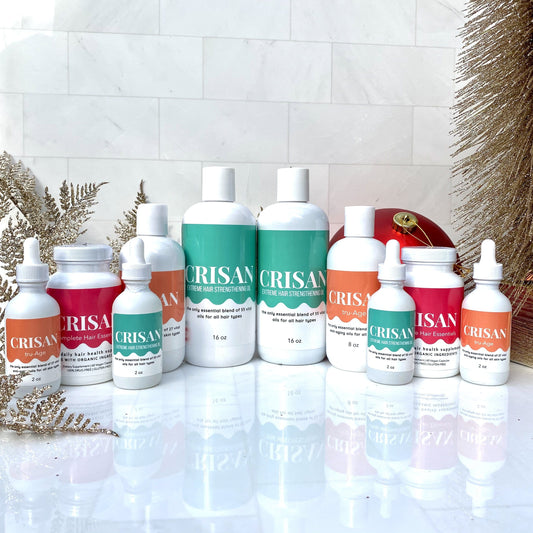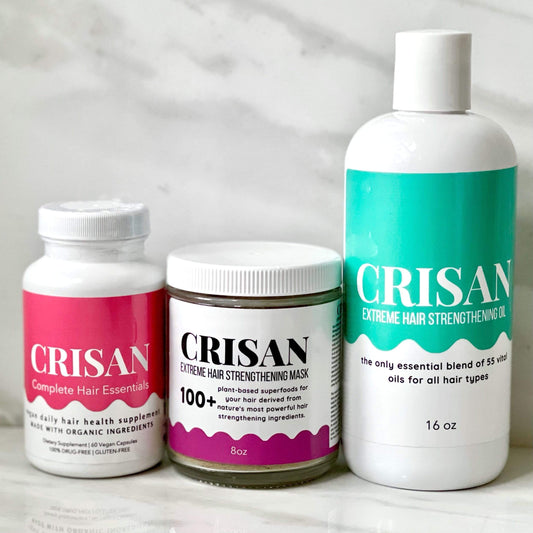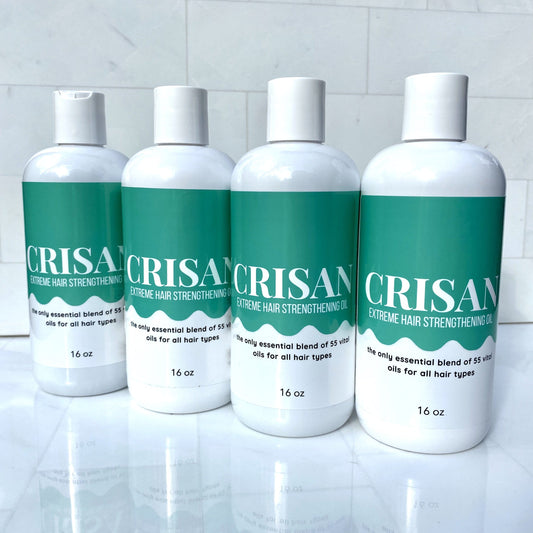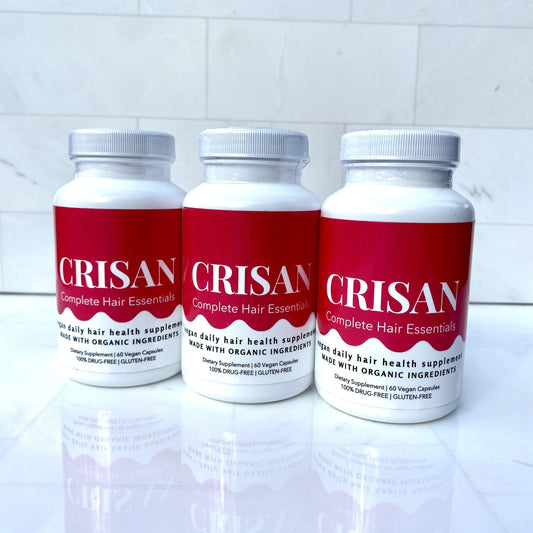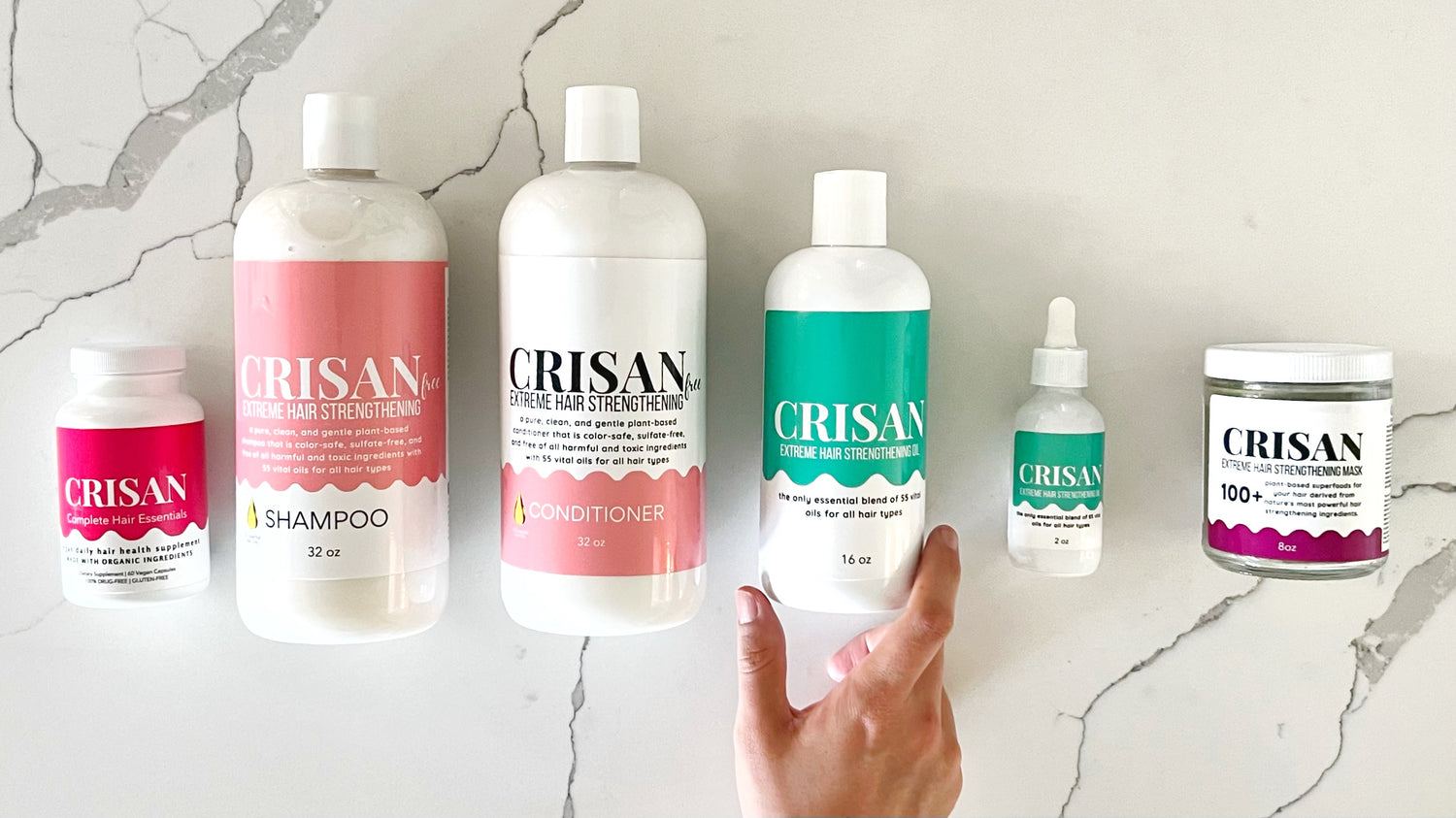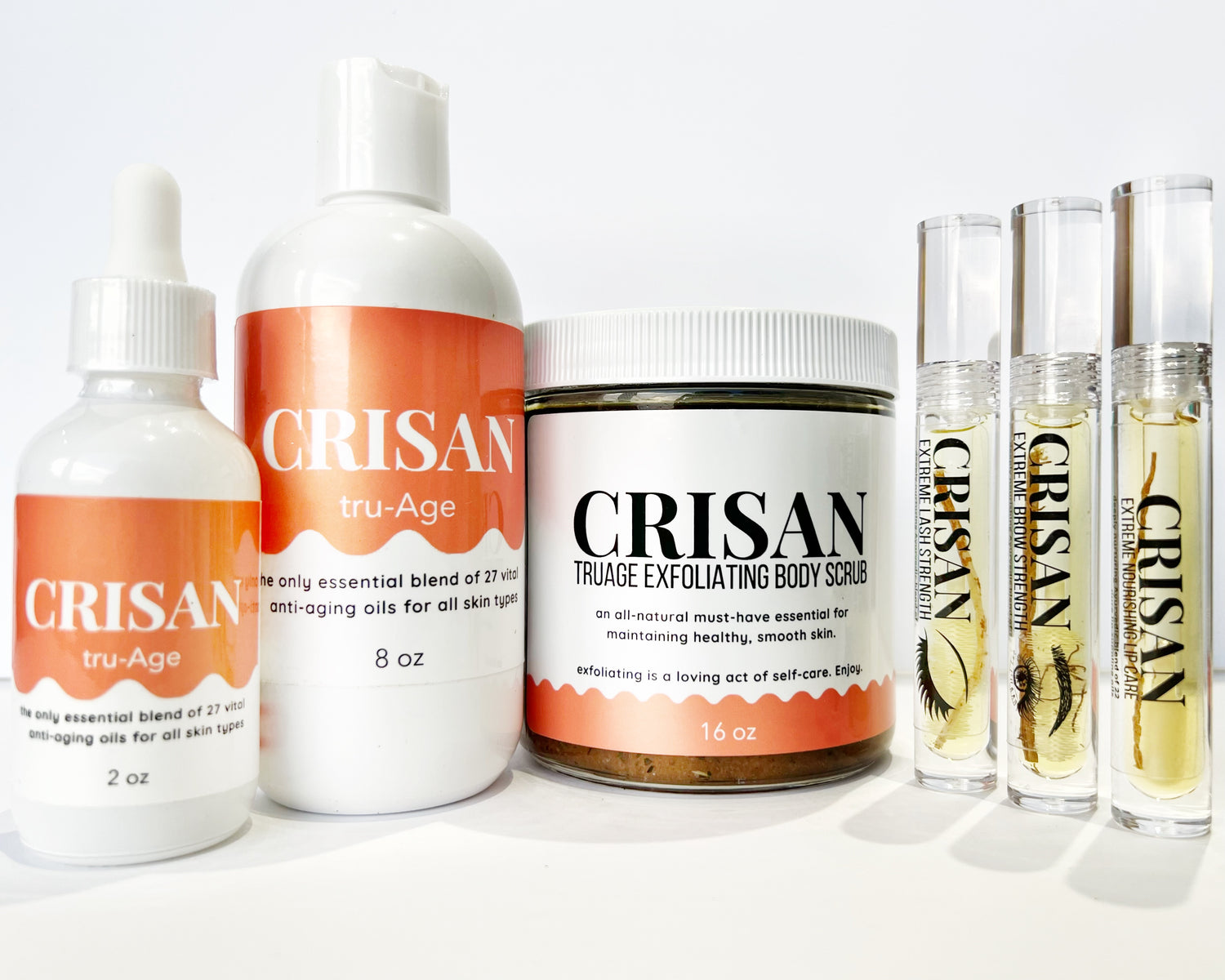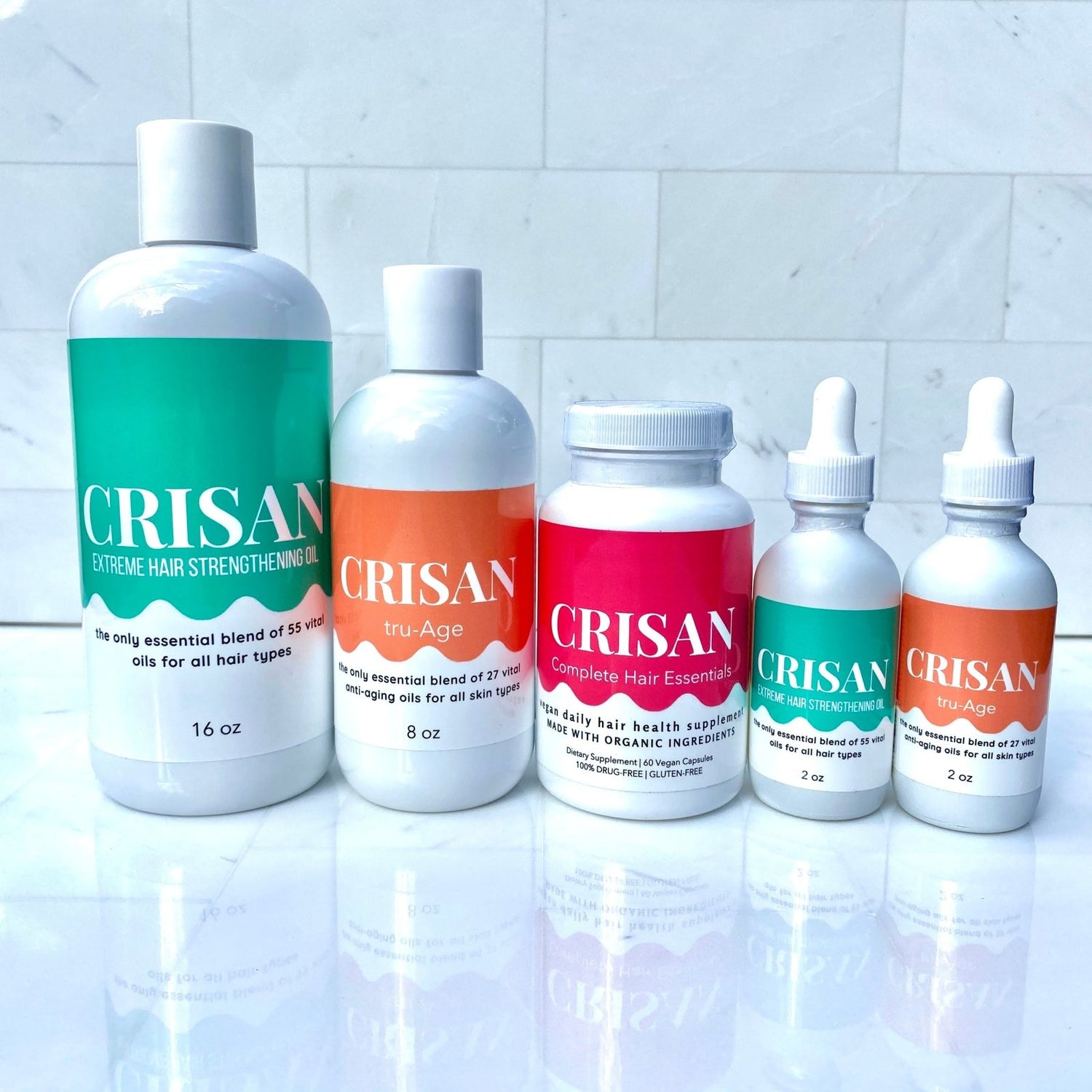Hair thinning is a common concern for many individuals, and it can be caused by a variety of factors including genetics, stress, and hormonal imbalances. Fortunately, there are several natural treatments that can help promote hair growth and improve the overall health of your hair. In this article, we will explore some of the best natural treatments for thinning hair.
Key Takeaways
- Aloe Vera has soothing properties that can help reduce scalp inflammation and promote hair growth.
- Coconut Oil is known for its moisturizing benefits and can help strengthen hair strands.
- Onion Juice contains sulfur, which can boost collagen production and aid in hair growth.
- Rosemary Oil has been shown to improve circulation and stimulate hair follicles.
- Peppermint Oil provides a cooling effect and can help increase blood flow to the scalp.
1. Aloe Vera
Aloe vera may help treat hair loss. Some anecdotal evidence suggests that aloe vera may help by:
- soothing your scalp
- conditioning your hair
- reducing dandruff
- unblocking hair follicles
However, the authors of a 2022 review suggest that only limited animal studies exist. More research on humans is needed.
You can apply pure aloe vera gel to your scalp a few times per week. You can also use shampoo and conditioner that contain aloe vera.
2. Coconut Oil
Coconut oil contains fatty acids, called lauric acid, that penetrate inside the hair shaft and reduce protein loss from hair. A 2021 study also found that coconut oil applied to the scalp may enrich the scalp’s microbiome, making the scalp and hair follicles healthier.
Coconut oil can be used before or after you wash your hair, depending on your hair type. If your hair tends to be oily, you can do a leave-in treatment overnight or for a few hours before you wash it.
Coconut oil has been shown in research to potentially help prevent hair loss. While it is more a preventive option than a remedy for regrowing hair, coconut oil – which comes both in liquid and solid forms – is a low-risk option that many people love.
This natural remedy is full of vitamin E, fatty acids, and antioxidants. So, in order to promote hair growth, coconut oil treatment will work as a natural hair mask. It should help to rehydrate your scalp and strengthen your hair follicles.
Pro tip: Coconut oil can also be used as a moisturizer, noting that it is safe to be absorbed into the bloodstream and can be used "from head-to-toe."
For those wondering how to use organic hair oil for thinning hair, coconut oil is one of the best organic conditioner for hair growth in 2024 - learn to prevent hair thinning with organic products, including OGX Coconut Miracle Oil Conditioner and Nexxus Split-End Binding Conditioner.
3. Onion Juice
Onion juice is one of the top homemade remedies for hair loss in 2024. It's said to work because of its sulfur content, which helps strengthen hair, reduce inflammation, and hydrate the scalp. Onion juice can be rubbed directly into the scalp on its own.
To use onion juice, blend a few onions and squeeze out the juice. Apply the juice to your scalp and hair, and leave it in for at least 15 minutes. Then, follow up with shampoo.
This might be a bit of a smelly one though! If you’re thinking of trialling onion juice, definitely do it before bed, use an old (or cheap) pillowcase you won’t mind getting ruined, and be sure to have a shower in the morning before you go to work.
Onion juice is also thought to improve circulation. A 2015 study with animals showed improved keratinocyte growth factor, an important mediator of hair follicle development and growth. As onions are naturally high in sulphur (a compound containing amino acids), this can help in increasing hair density, hair growth, and even regeneration.
4. Rosemary Oil
Rosemary oil is one of the most effective natural solutions for hair thinning. It is believed to increase cellular metabolism, which can stimulate hair growth. Research published in 2015 even showed that rosemary oil appears to work as well as minoxidil, a conventional topical hair loss treatment.
How to Use Rosemary Oil
- Apply 4-5 drops of rosemary oil onto your scalp once daily.
- Massage the oil into your hair and let it soak for 10 minutes.
- Rinse out thoroughly.
- Alternatively, mix a few drops of rosemary oil into a mild shampoo.
For best results, vigorously massage rosemary oil into the scalp to increase absorption and blood flow.
Incorporating rosemary oil into your hair care routine can help promote new hair growth and prevent further hair loss. This natural remedy is a gentle yet powerful way to support your hair health.
5. Peppermint Oil
Peppermint oil has been shown to stimulate hair growth in animal studies by working to increase blood flow to the scalp. Peppermint oil vasodilates, meaning it takes the blood vessels and makes them larger, which increases blood flow. This increased blood flow can help nourish hair follicles and promote growth.
To use peppermint oil for hair growth, it needs to be diluted with another oil, such as olive or coconut oil. After dilution, it can be applied and massaged directly into the scalp. This method helps to ensure that the oil is absorbed effectively and reduces the risk of skin irritation.
- Mix three to four drops of peppermint oil with one tablespoon of a carrier oil.
- Massage the mixture into the thinning areas of the scalp once or twice a day.
- Wash your hands thoroughly after application to avoid skin irritation.
Peppermint oil and other essential oils like rosemary and sage can be combined for a more potent hair growth treatment. This combination can be particularly effective for those experiencing thinning hair.
While peppermint oil shows promise, more human studies are needed to fully understand its effectiveness. However, its availability in health shops and drugstores makes it a convenient option for those looking to explore natural treatments for thinning hair.
6. Ginseng
Ginseng, particularly red ginseng, is a widely-used herbal remedy that has shown promise in promoting hair growth. Taking ginseng supplements may help promote hair growth by stimulating hair follicles. The active components, known as ginsenosides, are thought to be responsible for this positive effect on hair.
How to Use Ginseng for Hair Growth
- Supplements: Ginseng supplements can be taken orally. It's important to follow the manufacturer's recommended dosage and consult with a healthcare professional before starting any new supplement.
- Topical Application: Red ginseng extract can be applied directly to the scalp. It is often recommended to dilute the extract with another oil to avoid irritation.
Red ginseng has been clinically proven to stimulate hair follicles, adding immediate volume. Paired with soothing chamomile essential oil, it can be a gentle yet effective treatment for thinning hair.
7. Fish Oil
Fish oil supplements are filled with nutrients, such as proteins and omega fatty acids. A 2015 study found that taking an omega supplement, along with antioxidants, helped improve hair density, diameter, and hair loss. Omega-3 fatty acids like EPA and DHA play an important role in nourishing your scalp. These fatty acids improve blood circulation to the hair follicles, promoting healthier hair growth.
If you don’t normally consume foods rich in omega-3, such as fish and some seeds, talk with your doctor about taking a supplement. Some options for supplements include HUM OMG! Omega the Great and Persona Nutrition Omega 3.
Omega-6, on the other hand, is important for overall skin health, which might benefit the scalp. Plant-based oils are primary sources of omega-6.
8. Viviscal
Viviscal is a natural hair growth supplement that may promote hair growth in people with thinning hair. It contains a mineral-rich combination of:
- shark and mollusk powder
- organic silica
- vitamin C (derived from acerola cherry)
- biotin
- zinc
These ingredients may help regenerate new cells and strengthen existing cells. You have to take the pills twice daily for at least 6 months to see results. Viviscal also makes a shampoo and conditioner.
For those seeking a holistic approach combining supplements and topical solutions, Viviscal offers a promising option to regain confidence with organic remedies.
9. Saw Palmetto
Saw palmetto is a popular natural treatment for thinning hair, particularly in men experiencing androgenic alopecia, or male pattern baldness. One study conducted at the Clinical Research and Development Network in Colorado tested 34 men and 28 women, aged 18–48 years, who topically applied saw palmetto extract in lotion and shampoo base for three months. The results found that 35 percent of the participants had an increase in hair density.
Another study focused on men with a history of male pattern baldness. The participants took 320 mg of saw palmetto every day for the duration of the study. After 2 years, the participants experienced hair growth primarily in the vertex, or the top and back of the scalp, which is a common site for bald spots in men.
Saw palmetto extracts and supplements can work well for hair thinning because they keep testosterone levels balanced. Opinions about saw palmetto as an effective hair growth agent are mixed, but there are studies that indicate it to be beneficial.
10. Geranium Oil
Geranium, or Pelargonium graveolens, is a fragrant plant native to South Africa. Geranium oil is the concentrated oil extracted from its leaves. A 2017 animal study found that geranium oil promoted hair growth and boosted circulation in mice. You can also add a few drops of geranium oil to your shampoo and conditioner daily. However, avoid using essential oils directly on the skin, and always mix them in a carrier oil or shampoo.
Discover the incredible benefits of Geranium Oil, a versatile essential oil known for its soothing and rejuvenating properties. Whether you're looking to enhance your skincare routine or boost your hair health, Geranium Oil is a must-have in your beauty arsenal. Don't miss out on our exclusive collection of aromatherapy products designed to elevate your self-care experience. Visit our website to explore more and make your purchase today!
Conclusion
In conclusion, addressing thinning hair through natural treatments can be a gentle yet effective approach. While the journey to thicker, fuller hair requires patience and consistency, the benefits of using natural remedies are manifold. These treatments not only aim to restore hair health but also promote overall well-being without the concerning side effects often associated with conventional methods. Remember, each individual's hair growth journey is unique, and it is essential to stay committed and give these natural treatments time to work. Always consult with a healthcare professional before starting any new treatment, especially if you have underlying health conditions. Embrace the process with compassion and care, knowing that you are taking a holistic approach to nurturing your hair and health.
Frequently Asked Questions
How long does it take to see results with natural treatments for thinning hair?
Results can vary depending on the individual and the specific treatment used. Generally, it may take several months of consistent use to see noticeable improvements.
Are there any side effects to using natural treatments for thinning hair?
Natural treatments are generally considered safe, but some individuals may experience allergic reactions or irritation. It's always best to do a patch test first and consult with a healthcare provider.
Can I use multiple natural treatments for thinning hair at the same time?
Yes, you can combine different natural treatments, but it's important to monitor how your scalp and hair respond. Overuse of products can sometimes lead to irritation.
Is diet important for treating thinning hair naturally?
Absolutely. A balanced diet rich in vitamins and minerals is crucial for healthy hair growth. Nutrients like biotin, omega-3 fatty acids, and vitamins A, C, and E are particularly beneficial.
How do I know if my hair thinning is due to a temporary condition or a more permanent issue?
Consulting with a healthcare provider can help determine the underlying cause of your hair thinning. Factors like stress, hormonal imbalances, and nutritional deficiencies can lead to temporary hair loss, while genetic factors may cause more permanent thinning.
Can natural treatments for thinning hair be used during pregnancy or breastfeeding?
It's important to consult with a healthcare provider before using any treatments, natural or conventional, during pregnancy or breastfeeding to ensure they are safe for you and your baby.


